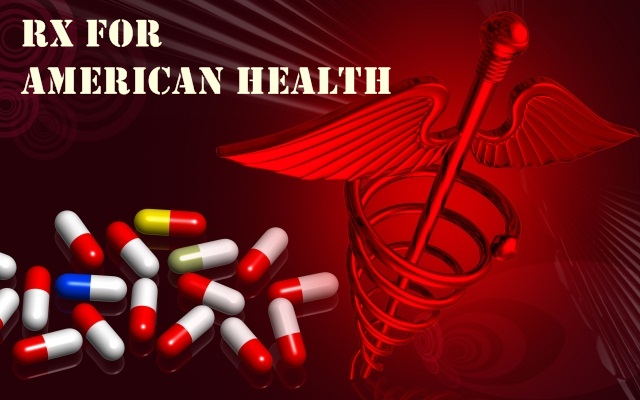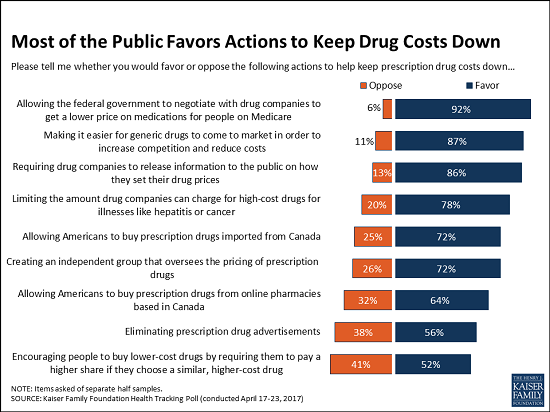Publisher's Note: One of the claims of the Pharmaceutical Industry in its attempts to deter the rights of Americans to have access to safe, affordable brand-name prescription medicines from pharmacies in Tier One Countries is that personal importation would damage the ability of Pharma to engage in the Research and Development of new, innovative prescription medicines. The following article from the British Medical Journal shows the fallacy of that stance.
Newswise —– A newly published article in the British Medical Journal
disputes the widely held belief that profits at large pharmaceutical companies
will plummet as the companies face a “patent cliff” when their exclusive rights
expire on several blockbuster drugs. Co-authors Donald Light, PhD, of the
University of Medicine and Dentistry of New Jersey-School of Osteopathic
Medicine, and Dr. Joel Lexchin of the University of York (Toronto) argue that a
“hidden business model” provides major pharmaceutical companies with a solid
cushion of steady profits from patent-protected minor variations to their
existing drugs.
“Most research and
development at large pharmaceutical companies is directed at developing
clinically minor drugs rather than finding better drugs for unmet needs,” said
Light, who is also a Fellow at the Safra Center for Ethics at Harvard
University. “Independent assessments indicate that 80 percent of increased
costs paid by employers and insurers for pharmaceuticals is wasted on these
‘new’ drugs that can command higher prices under government patent protections
even though they provide little or no benefit over existing medications.”
The authors say
claims of an “innovation crisis” in the pharmaceutical industry are a myth
arising from media reports of a roughly decade-long decline in the discovery of
new molecular entities (NMEs). They cite industry studies to support that conclusion.
The Food and Drug Administration defines an NME as “an active ingredient that
has never before been marketed in the United States in any form.” According to
the article by Light and Lexchin, the “crisis” simply represents a return from
an unusual spike during the mid-1990s to the long term average of 15 to 25 NMEs
per year.
“Companies are, of
course, delighted when research breakthroughs occur, but don’t depend on them,”
Light explained. “Instead they focus on promoting minor variations, spending 19
times as much on their marketing efforts as they do on basic research to
discover new molecules.”
The resultant sales
of these “minor” drugs – some of which become market blockbusters – offset the
ups and downs of drugs coming off patents, the authors note. They point to the
example of Pfizer, which lost market exclusivity for Lipitor and other major
sellers in 2011, but still maintained steady revenues and saw net income
increase by 21 percent over the previous year.
The University of
Medicine and Dentistry of New Jersey (UMDNJ) is New Jersey’s only health
sciences university with more than 6,000 students on five campuses attending
the state's three medical schools, its only dental school, a graduate school of
biomedical sciences, a school of health related professions, a school of
nursing and New Jersey’s only school of public health. UMDNJ operates
University Hospital, a Level I Trauma Center in Newark, and University
Behavioral HealthCare, which provides a continuum of healthcare services with
multiple locations throughout the state.

